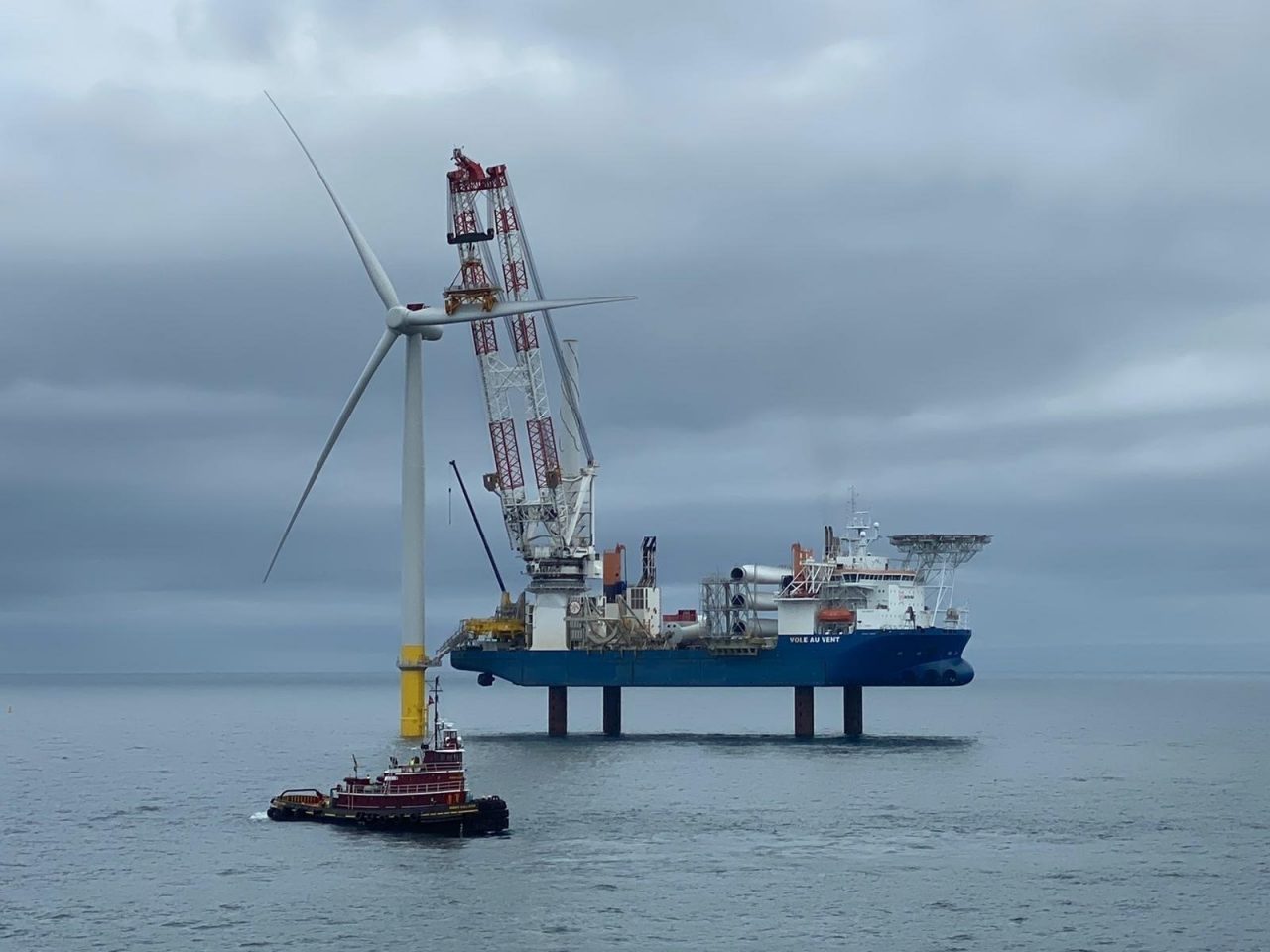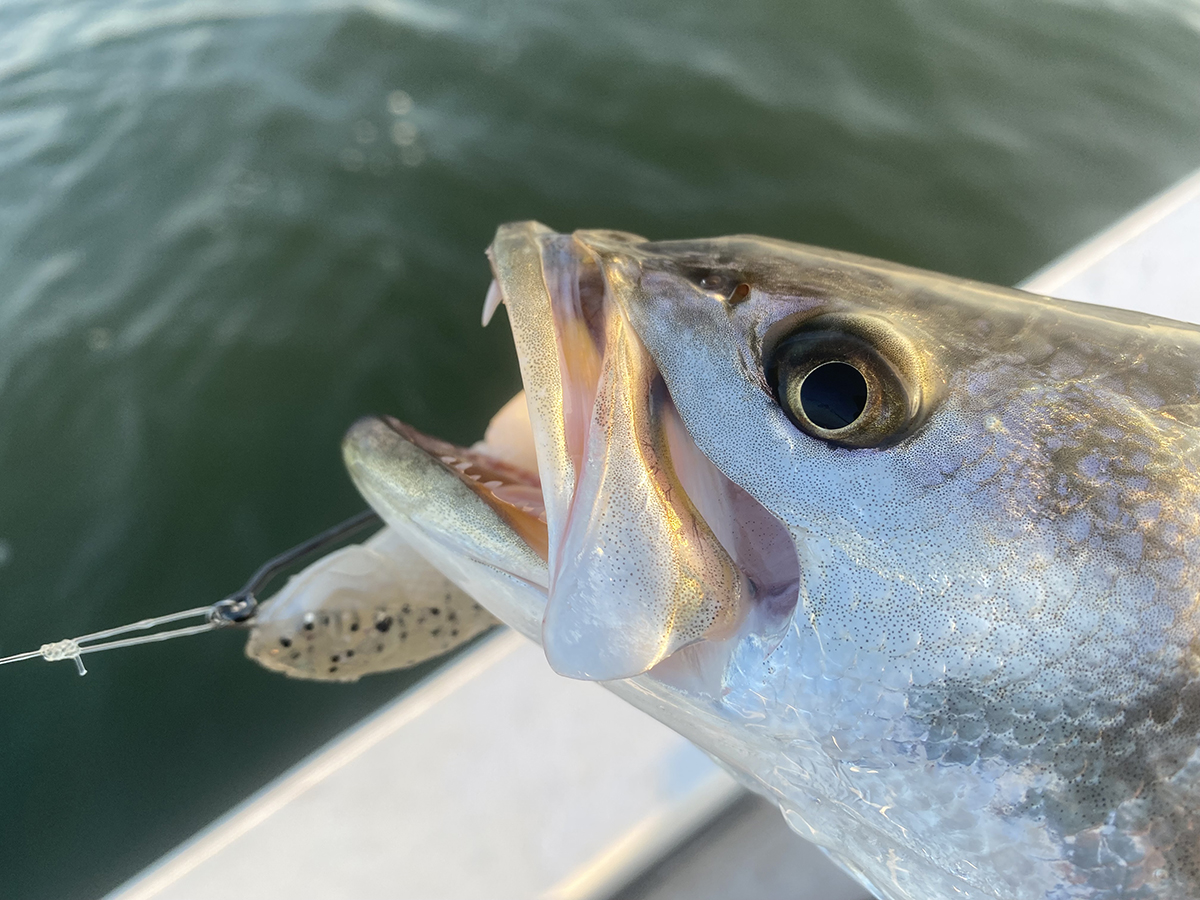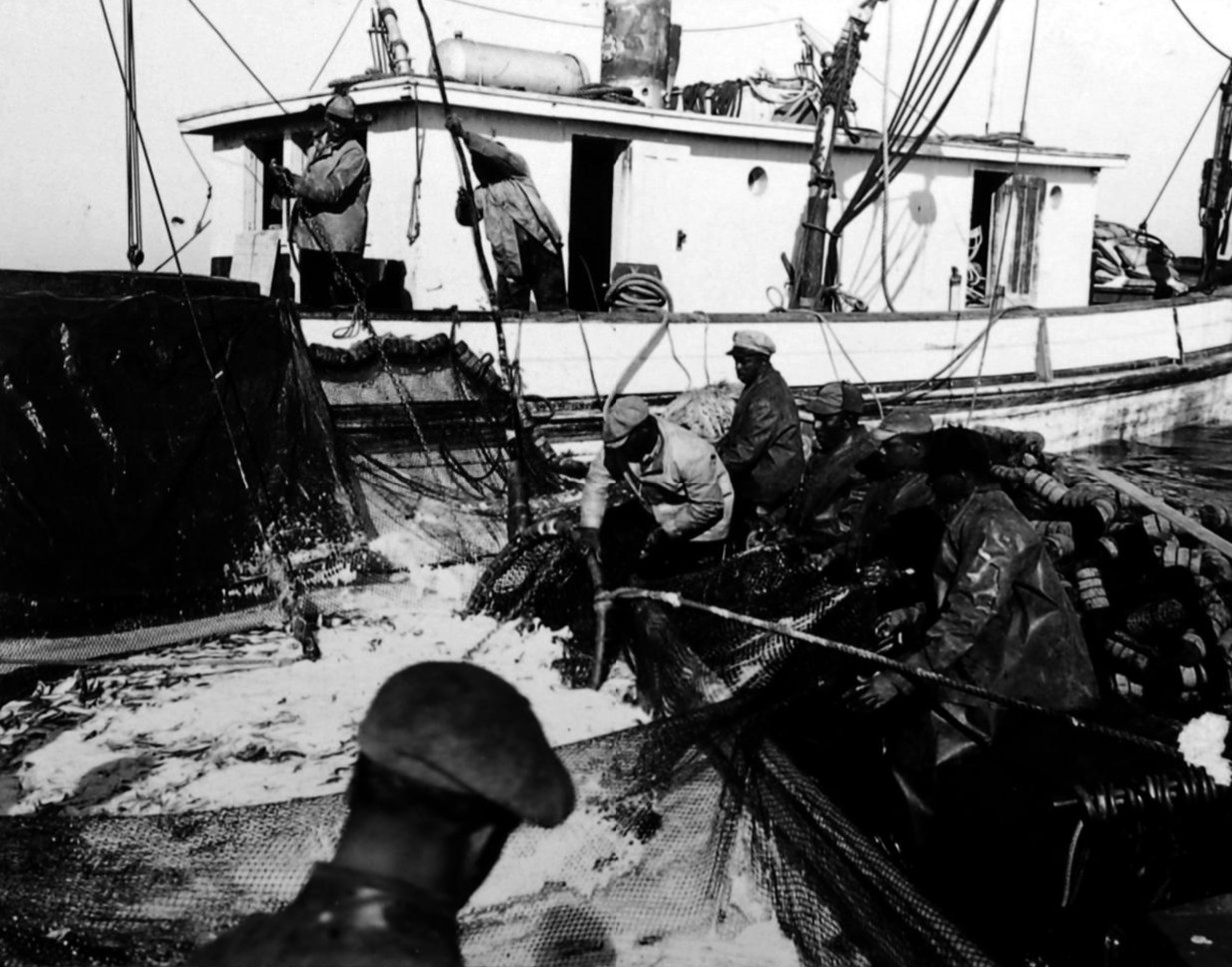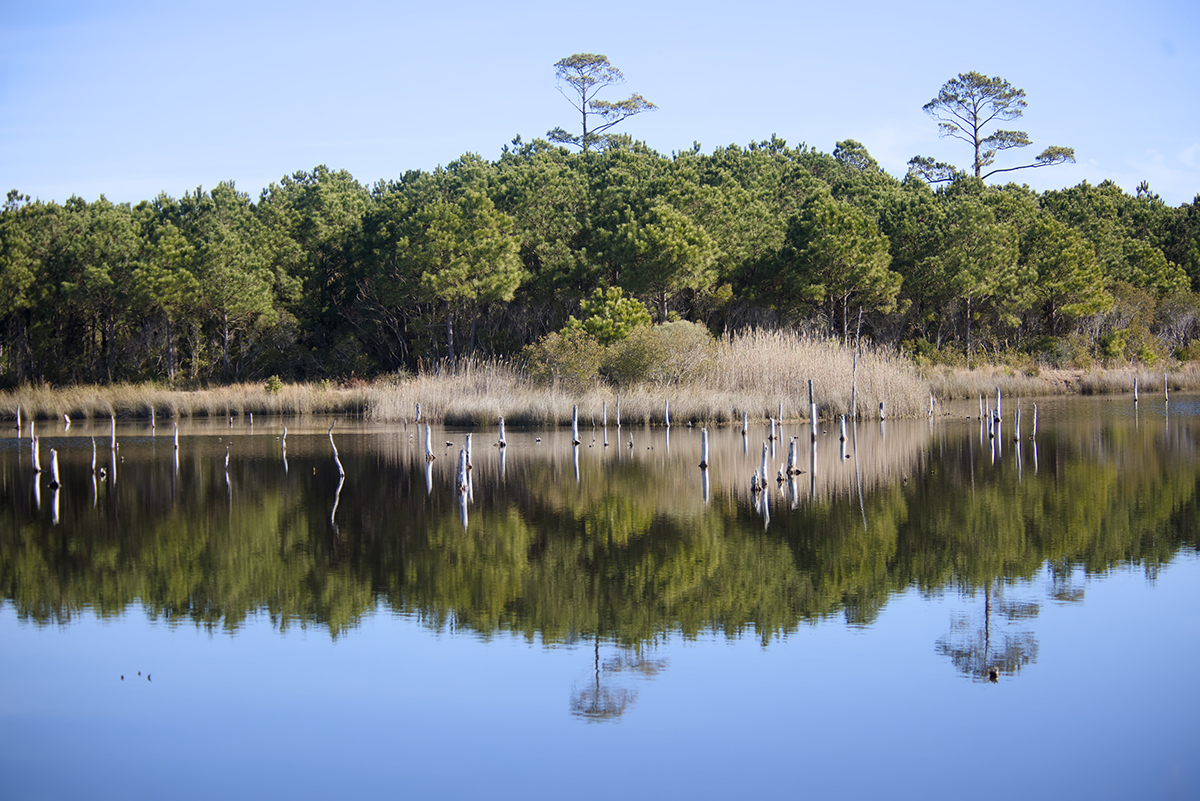
This story was updated at 1:48 p.m. Feb. 19 to note that Dominion Energy and Avangrid’s Kitty Hawk Wind website had been removed.
KITTY HAWK — Wind projects that are leased, permitted or under construction in or near North Carolina are likely to survive buffeting by renewed wind energy skepticism from the Trump administration.
Supporter Spotlight
Shortly after taking office in January, President Donald Trump issued an executive order barring new offshore wind leases and requiring reviews of existing and permitted wind projects. Although it was not targeting existing leases, industry supporters have questions about what rules, permits or projects it could impact and the potential for broader impacts through the workforce and manufacturing industries.
“It’s not that companies are moving on as business as usual, but there’s so much uncertainty that they can’t just come to a screeching halt, and then all of this could change in five minutes,” Karly Lohan, Southeastern Wind Coalition’s senior Carolinas program manager, recently said in an interview with Coastal Review. “They have to keep going and figure this out as they go. And realistically, we’re probably not going to know an answer to a lot of those questions, and the true implications of this offshore wind executive action until … we know.”
Lohan noted that the nonprofit coalition she represents is focused on educational outreach about wind energy and does not speak or act as a trade organization for the industry.
A wind project off Kitty Hawk along the Outer Banks that’s owned by Avangrid Renewables and Dominion Energy is not yet under construction, but it still has active leases. The website link above was active at the time this report was published, but appeared to be down Wednesday afternoon. An Internet Archive version of the page was saved Jan. 30.
Dominion Energy’s $9.8 billion Coastal Virginia Offshore Wind, or CVOW, project off Virginia Beach is going full speed ahead. The 2.6-gigawatt project is currently about half done and is expected to be completed on schedule by the end of 2026, according to company spokesman Jeremy Slayton.
Supporter Spotlight
Duke Energy, along with Total Energies, has leased an offshore area off Southport for a wind farm known as Carolina Long Bay project, but it is in very early permitting stages.
“We are still easily at least six or seven years away from construction for any of those projects,” Lohan said.
The two land-based wind energy projects in North Carolina — Amazon Wind U.S. East in Elizabeth City, completed in 2017, and Timbermill Wind in Chowan County, completed in 2024 — will not be affected by the orders, Lohan said. Duke Energy has expressed interest in future land-based projects in North Carolina, but no information has been released about potential locations or plans, she said.
While Dominion is working to complete its Virginia Beach project, it is keeping its CVOW-South, formerly the Kitty Hawk North project, on hold for the time being, Slayton, the company’s spokesman, said.
“CVOW-South provides us with a potential option for additional offshore wind development,” he said in an email. “Our most recent long-term planning document, the Integrated Resource Plan, forecasts this project, if we pursue it, for the mid-2030s. At this time, we do not have a firm timeline or cost for developing this lease area.”
Dominion Energy came to an agreement in July 2024 to purchase one-third of the Kitty Hawk North project, which is about 27 miles east of Corolla, the northern end of the Outer Banks, and about 38 miles southeast of the Sandbridge community in Virginia Beach.
“Avangrid was willing to sell a portion of the project at a reasonable cost,” Slayton told Coastal Review at the time. “And we believe it was prudent to take advantage of this opportunity to meet the growing needs of our customers with clean energy and also help us achieve the requirements of the Virginia clean Economy Act, which calls for up to 5.2 gigawatts of offshore wind.”
If developed, the project will connect to the grid for CVOW-South at a new substation at Corporate Landing in Virginia Beach, near Naval Air Station Oceana, he said.
Katharine Kollins, president of Southeastern Wind Coalition, a nonprofit advocacy group, said that wind power production in the U.S. is behind the mature development of both offshore and onshore wind in Europe, but it has the capacity and resources to build a robust wind energy industry.
“It requires economies of scale in manufacturing, all of the components it requires, economies of scale in construction and development and even in operations and maintenance,” she told Coastal Review recently. “And so what the manufacturers have been saying to advocates in the industry for years is, ‘We need a solid pipeline of projects before we can commit a billion dollars to building a manufacturing facility in the U.S. that can then produce the major components, or an offshore wind turbine that would include your towers, your blades.’ Right now, I think the only thing that we can manufacture in the U.S. is foundations.”
Like any energy production, wind energy is an equation of risk versus benefits, she said. And wind is economical, clean and safe, she added. “You don’t hear anything about wind spills,” she said. Yes, there are bird mortalities associated with strikes, but far, far less than the estimated one billion annual deaths from birds striking buildings.
Kollins said the problem is uncertainty. “You know, uncertainty is not good for investment, and so if you have some significant political uncertainty, that makes it really hard for investors to move forward with any of those components that I was mentioning, whether in components, referencing manufacturing, referencing development, even thinking about leases.
“Like, am I going to go pay $100 million to lease a square of ocean that, then I might have another presidential administration that says, ‘I don’t really like this?’ No thanks,” she said. “It does make it hard to overcome. This is an industry that should be nonpartisan.”







